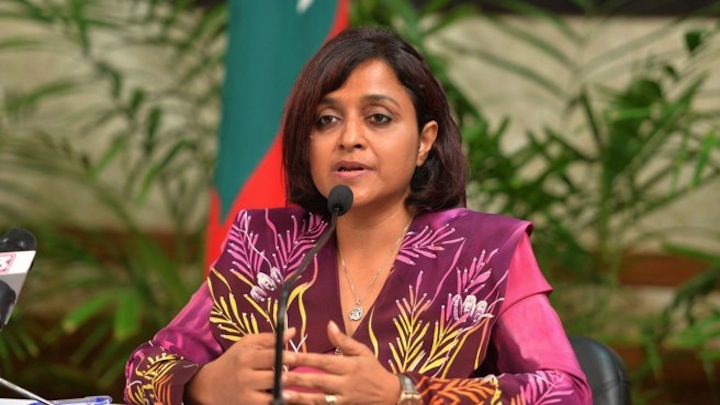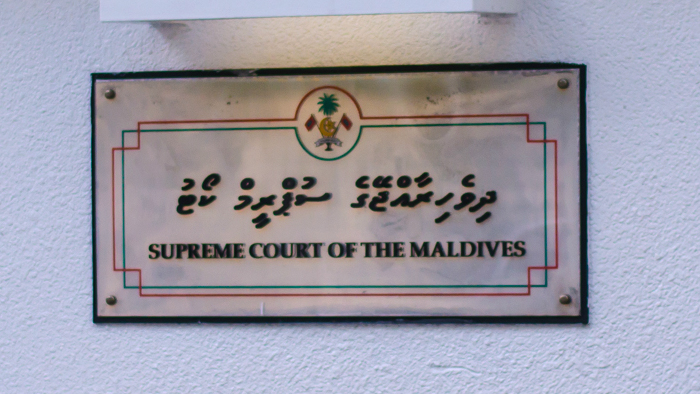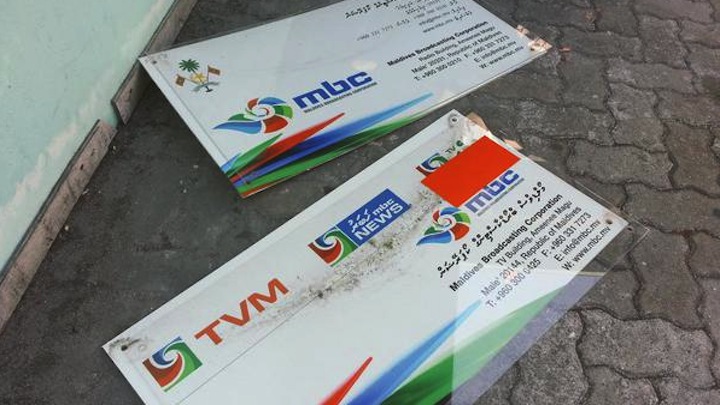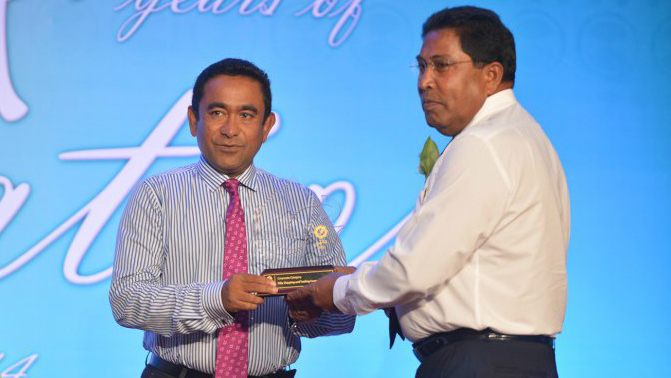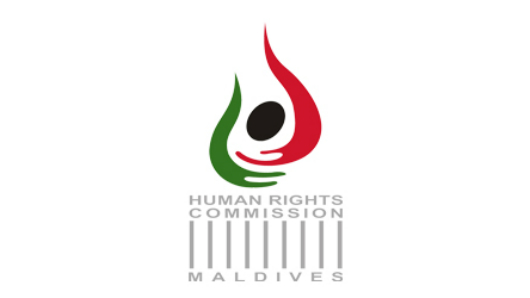Foreign minister Dunya Maumoon has accused the Canadian government of hypocrisy after it called on the Commonwealth Ministerial Action Group (CMAG) to place a deteriorating human rights situation in the Maldives on its formal agenda.
“Canada should address the cultural genocide it is alleged to have committed against native Canadians before trying to teach other nations about values of democratic principles and human rights,” Dunya said in a statement on Tuesday.
Canada has condemned the imprisonment of ex-president Mohamed Nasheed and police crackdown on several mass protests organized by the allied opposition parties.
In a statement on Tuesday, Canada said it supported the June 12 protest in which protesters called for the release of political prisoners, an independent judiciary, and respect for freedom of expression.
Dunya said Canada’s “selective application of [democratic] principles is a highly hypocritical approach to adopt” after a Canadian truth and reconciliation commission said rules that required Canadian aboriginals to attend state funded church schools was responsible for “cultural genocide.”
Prime Minister Stephen Harper issued a historic apology in parliament in 2008, acknowledging the physical and sexual abuse that took place in the schools.
Dunya said the Maldives welcomes constructive engagement and acknowledged that democratic principles, including accountability, is an obligation on all states.
“We would encourage Canada to show good faith and engage positively with the government,” she added.
The CMAG in 2012 suspended the Maldives and placed it on the body’s formal agenda over Nasheed’s ouster in 2012. A Commonwealth inquiry later concluded that the transfer of power was constitutional, but the opposition now says the inquiry was flawed.
Dunya in March slammed unnamed foreigners for working with local opposition politicians of pushing for CMAG action against the Maldives over Nasheed’s terrorism trial.
She has previously said Canadian statements on the ongoing political crisis are “blatantly untrue.”
The Maldives is grappling with increasing international criticism over the prosecution of opposition politicians. In addition to Nasheed, ex-defence minister Mohamed Nazim is also in jail over charges of weapons smuggling.
Rights organizations have said the trials lacked due process.
Earlier this month, Dunya criticised the EU, UK, Canada and US over tweets in which diplomats raised concern over fresh terrorism charges against three more opposition leaders.
The European parliament in April adopted a resolution condemning the “serious irregularities” of Nasheed’s terrorism trial while US secretary of state John Kerry said during a visit to Sri Lanka that Nasheed was “imprisoned without due process”.
“This is an injustice that needs to be addressed soon,” he said.
Last week, US senators John McCain and Jack Reed urged their government to press for the release of all political prisoners in the Maldives.
President Abdulla Yameen has called for separate talks with the three opposition parties. The Jumhooree Party has held two meetings with government representatives, but there has been no progress with the main opposition Maldivian Democratic Party and the religious conservative Adhaalath Party.
In October 2013, then-President Mohamed Waheed wrote a letter of complaint to Canadian Prime Minister Stephen Harper, accusing Canada’s Foreign Minister John Baird of posing “several harshly worded questions… concerning domestic politics in the Maldives” during a CMAG meeting on September 27.
